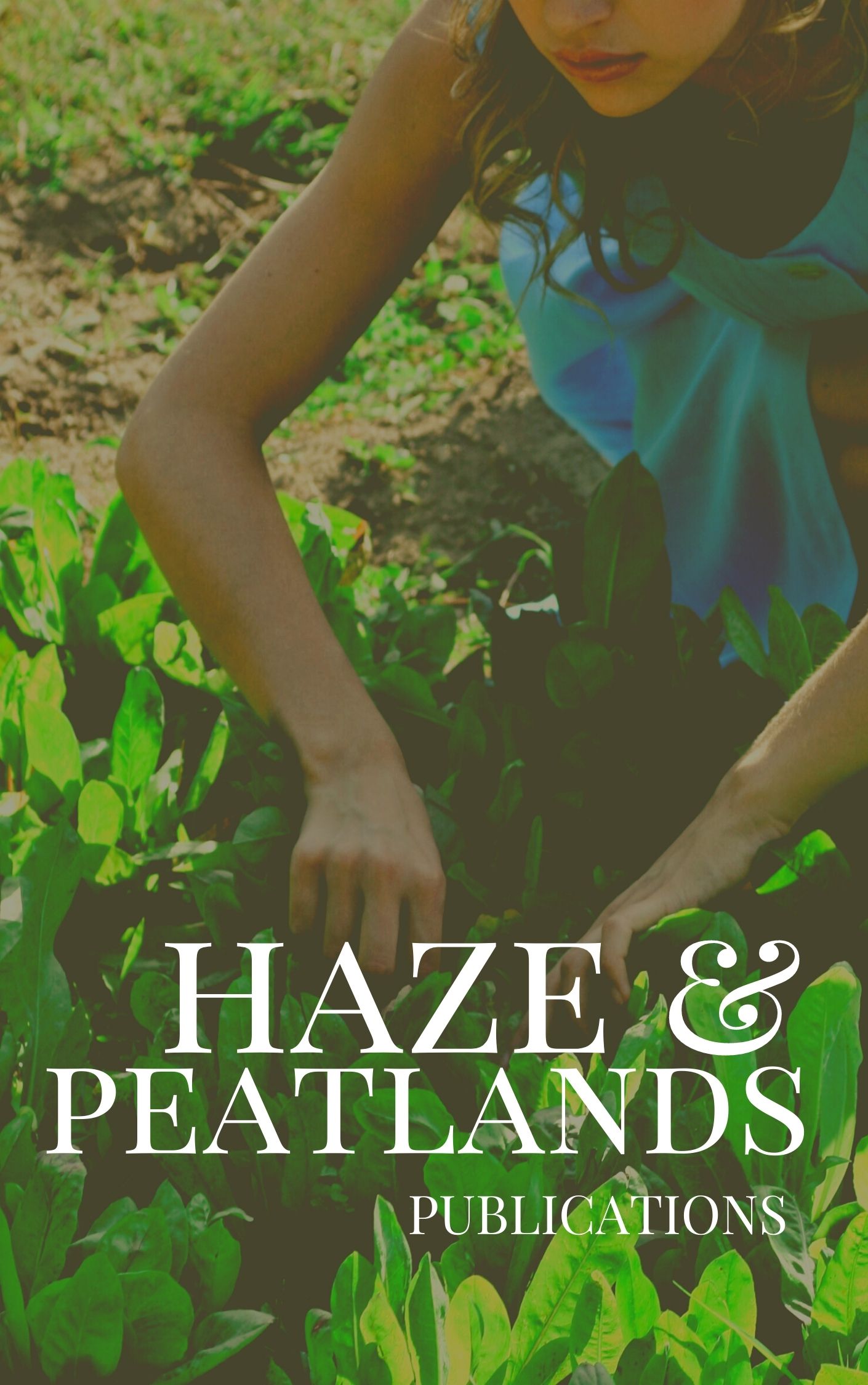International initiatives for reducing carbon emissions from deforestation and forest degradation (REDD+) could make critical, cost-effective contributions to tropical countries' nationally determined contributions (NDCs). Norway, a key donor of such initiatives, had a REDD+ partnership with Indonesia, offering results-based payments in exchange for emissions reductions calculated against a historical baseline. Central to this partnership was an area-based moratorium on new oil palm, timber, and logging concessions in primary and peatland forests.We evaluate the effectiveness of the moratorium between 2011 and 2018 by applying a matched triple difference strategy to a unique panel dataset. Treated dryland forest inside moratorium areas retained, at most, an average of 0.65% higher forest cover compared to untreated dryland forest outside the moratorium. By contrast, carbon-rich peatland forest was unaffected by the moratorium. Cumulative avoided dryland deforestation from 2011 until 2018 translates into 67.8 million to 86.9 million tons of emissions reductions, implying an effective carbon price below Norway's US$5 per ton price. Based on Norway's price, our estimated cumulative emissions reductions are equivalent to a payment of US$339 million to US$434.5 million. Annually, our estimates suggest a 3 to 4% contribution to Indonesia's NDC commitment of a 29% emissions reduction by 2030. Despite the Indonesia-Norway partnership ending in 2021, reducing emissions from deforestation remains critical for meeting this commitment. Future area-based REDD+ initiatives could build on the moratorium's outcomes by reforming its incentives and institutional arrangements, particularly in peatland forest areas.
View source

